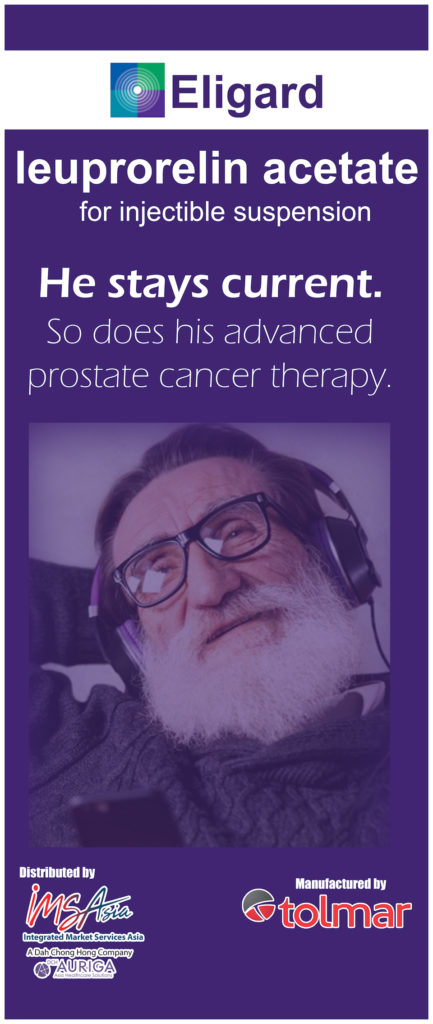Post-Convention Event SEA-UREP Lecture Series Day 1 and 2: Reconstructive Surgery and Kidney Cancer
Charles C. Gaston, MD
December 1, 2020
November 30, 2020 marked the start of the week long series of resident oriented lectures for the 2nd South East Asian Urology Residents Education Program or SEA-UREP to cap off this year’s PUA annual convention.
This lecture series was brought about in part by the European Association of Urology Philippine Chapter (EAU-PH) and the European School of Urology (ESU) with the hopes of enhancing the resident knowledge base and strengthening ties within and without the region.
Dr. Joan Palou, the chairman of the ESU gave the opening remarks and the first lectures on urethral stricture and reconstruction were given by Dr. Christopher Chapple from the UK and Dr. Luis Martinez-Piñeiro of Spain. The lectures were moderated by our very own Dr. Mark Joseph Abalajon.
Aside from basic considerations and techniques in urethroplasty, finer points were elucidated upon such as blood pressure control to lessen the need for transfusion and giving a clearer operative field. Emphasis on guidelines were given as well such as urethroplasty being a more favorable course of management over DVIU and dilation especially in stricture outside the bulbar urethra and of longer length. Dr. Chapple also ended the first day’s lectures by announcing the latest EAU guidelines on urethral strictures and reconstruction due out by next year. Something to definitely look forward to!
The second day of lectures on Kidney Cancer was headlined by Dr. Evangelio Liatsikos of Greece and our very own Dr. Samuel Yrastorza. There was much talk of minimally invasive approaches to partial nephrectomy, its indications and possible complications. The current trifecta and pentafecta of outcomes were also touched upon. The lectures were moderated by Dr. Min Thu of Myanmar.
Overall, the ongoing lecture series has its emphasis on training and molding the future leaders in Urology in the region. It also shows that the world is practically getting smaller with constant innovations in communications technology, strengthening international ties and relationships as well as facilitating a constant exchange of concepts and ideas with other Urologists all over the globe is so much easier than it ever was before.
Thus, the goal of creating even better future Urologists with access to global training, which shows the program’s dedication to education, is more than achievable and should answer the region’s burgeoning needs for specialized Urologic care.





0 Comments